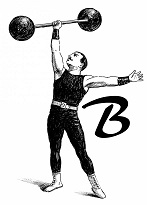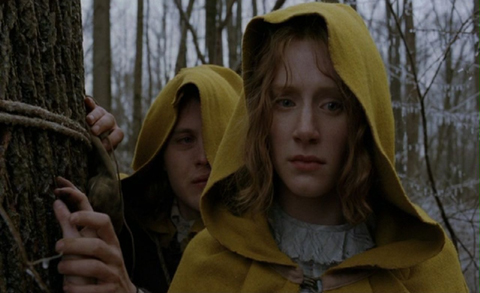My childhood admiration of Rod Serling and his groundbreaking television series “The Twilight Zone” would serve as a blueprint for a good portion of my own short story writings as I became a devout student and fan of the ironic and twist ending type tales Serling so often employed.
Writer/Director M. Night Shyamalan exploded into mainstream America, and into the realm of ultimate twist endings, with his 1999 smash “The Sixth Sense.” The film would make Shyamalan a household name but it would also become something of a personal burden to the director as his legions of fans were now expecting stunning twist endings from all of his films.
In a vein similar to getting an A+ on the first test of the year, you can only go down from there, and Shyamalan has actually suffered some from his early on success and creativity.
As a Shyamalan fan, I came to enjoy one of his earlier films, 2004’s “The Village.” Employing the talents of a handful of strong and lauded actors, “The Village” would serve as trademark Shyamalan with its haunting premise and ironic twists throughout.
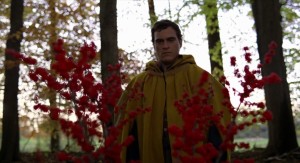
The story is also deep and well written, despite its immediate likening to a traditional horror thriller.
The village in question refers to a secluded hamlet with an enviable quaint charm that is surrounded by a brooding forest. An early shot of a tombstone depicts the year as 1897 and as such the inhabitants of the village lead simple lives, co-existing in a harmonious fashion with one another.
The village is run by a panel of elders, led by Edward Walker (William Hurt), August Nicholson (Brendan Gleeson), and Alice Hunt (Sigourney Weaver). The elders continually reinforce only one rule – that is the maintenance of a long standing truce between the villagers and mysterious monsters that reside in the woods.
The pact is simple; the townsfolk will not breach the borders of the woods and in return, the monsters will not enter the village.
Despite seemingly fit stalwarts like Lucious Hunt (Joaquin Phoenix) and town fool Noah Percy (Adrian Brody), the protagonist comes in the unlikely shape of Ivy Elizabeth Walker (Bryce Dallas Howard) a young blind girl whose quest to venture through the woods in effort to obtain medicines from the outlying towns becomes the catalyst of the story.
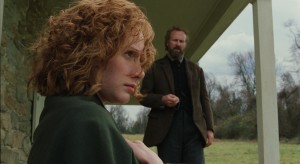 Shyamalan becomes Geppetto-like in the string pulling of masterful suspense. The seemingly peaceful and tranquil village sits like an island amidst the deadly woods, with its inhabitants completely isolated.
Shyamalan becomes Geppetto-like in the string pulling of masterful suspense. The seemingly peaceful and tranquil village sits like an island amidst the deadly woods, with its inhabitants completely isolated.
In “Jaws” fashion, Shyamalan slowly builds the suspense, limiting the screen time of the monsters which he brilliantly does not identify by name – the residents of the village simply refer to them as “those we don’t speak of,” and masterfully adds the subtle use and references to various colors.
Coupled with the perfect ambiance of an antiquated town and an Academy Award nomination for ‘Best Original Score,’ “The Village” holds the perfect visuals for eeriness.
William Hurt is a perfect fit as the role of chief elder and defacto town leader Edward Walker. With his thick beard and calming voice, Hurt comes across as a docile and wise man, one who can easily take command in even the most harrowing of situations.
Bryce Dallas Howard manages to pull off one of the more remarkable acting feats in some time. The portrayal of someone blind is difficult in itself, but to carry that through the film as the primary hero is another thing altogether.
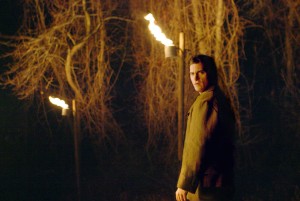
One sequence in particular is flat out astonishing as the blind Ivy stumbles around in the woods with terror close behind – you’ll get a taste of what fear is all about.
Those who watch “The Village” will fall into one of two camps; love it or hate it. The primary detraction from the film is that Shyamalan takes a standard horror plot and gets a bit too clever with it, thus ruining the overall story. My take is the opposite. I enjoyed the film from start to finish and wasn’t outsmarted by the plot like the naysayers are.
“The Village” plays out like an original episode of “The Twilight Zone” and if you enjoy that style, you’ll definitely want to check it out.
by – Matt Christopher
